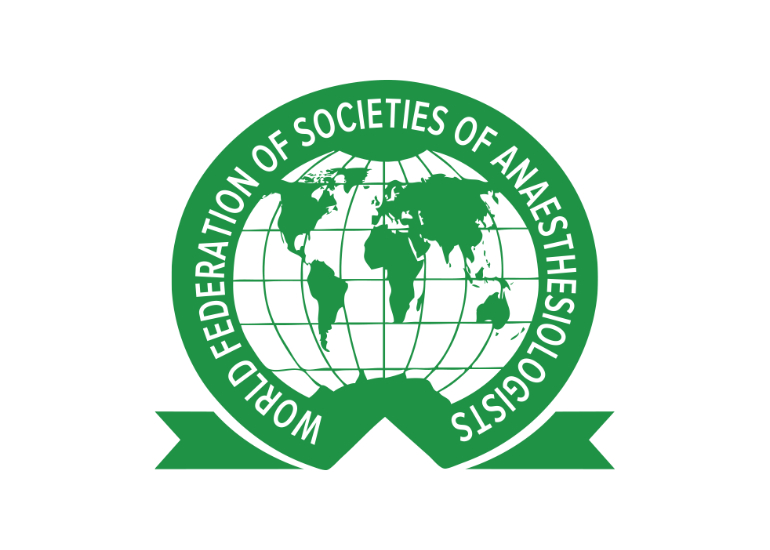The WFSA is pleased to announce the publication of our official Position Statement on Anaesthesiology and Universal Health Coverage (UHC). The statement was approved unanimously by Extraordinary Resolution of WFSA’s General Assembly.
Universal Health Coverage (UHC) is defined as access to quality essential health-care services and to safe, effective, quality and affordable essential medicines and vaccines for all, with financial risk protection. UHC is essential in closing the gap in access to healthcare, and the quality of healthcare, that exists around the world, impacting billions of people.
The Lancet Commission on Global Surgery recently found that 5 billion of the world’s 7 billion population are without access to safe and affordable surgical care and anaesthesia when needed. This crisis must be addressed in order to meet Sustainable Development Goal (SDG) #3 which aims to achieve Universal Health Coverage by 2030. The Position Statement explains that:
“There is an urgent need to address deficiencies in access to safe anaesthesia care. An additional 1.27 million surgical, obstetric and anaesthesia providers will be required by 2030 to achieve Universal Health Coverage. In many countries, particularly those with limited resources, anaesthesia is associated with unacceptably high mortality rates. Training and ongoing maintenance of standards are essential for increasing the number of providers and increasing the safety of anaesthesia for patients worldwide.”
Indeed, increasing the anaesthesia workforce is essential to achieving UHC. A lack of human resources in the health sector, and particularly a deficit in the surgery and anaesthesia workforce, means that safe adequate care cannot be provided for the neglected surgical patient. The UHC Position Statement seeks to explain and address this issue:
“In some countries, the anaesthesia need will be met by training anaesthesiologists. In other countries, especially those with limited resources, the need may, in part, be met by training non-anaesthesiologist providers.”
Non-physician anaesthesia providers are recognised as an essential element in scaling up the provision of safe anaesthesia, but the WFSA is clear that all providers must be led or overseen by a physician anaesthesiologist. The statement highlights:
“Anaesthesia is complex and potentially hazardous, and optimal patient care depends on anaesthesia being provided, led or overseen by an anaesthesiologist. The WFSA recognises that effective teamwork is a vital component of patient safety.”
The WFSA, as the only organisation to unite anaesthesiologists from more than 150 countries, is committed to taking the lead in working to achieve universal access to safe anaesthesia.
If you would like to read the full statement please click here.






